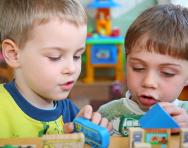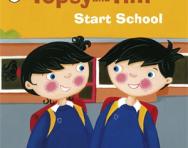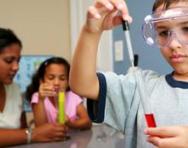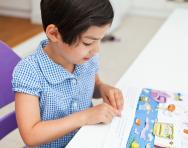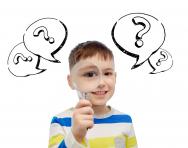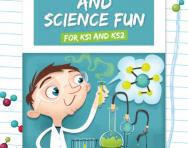What your child will learn in Foundation Stage science
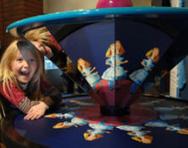
Science at Foundation Stage is introduced indirectly through activities that encourage your child to explore, problem solve, observe, predict, think, make decisions and talk about the world around them. It’s called ‘knowledge and understanding of the world’.
Early Years science also helps children with skills in other Foundation Stage areas of the national curriculum, such as physical development and creative development. Here’s what they’ll learn in each subject.
For a detailed introduction to what children learn in Nursery Science and Reception Science, read our guides for parents.
Knowledge and understanding of the world
Children explore creatures, people, plants and objects in their natural environments. They observe and manipulate objects and materials to identify differences and similarities. For example, they may look at an egg whisk, sand, paper and water to learn about things that are natural and manmade and their different functions. Children also learn to use their senses, feeling dough or listening to sounds in the environment, such as sirens or farm animals.
Your child will be encouraged to ask questions about why things happen and how things work. They might do activities such as increasing the incline of a slope to observe how fast a vehicle travels, or opening a mechanical toy to see how it works. Your child will also be asked questions about what they think will happen to help them communicate, plan, investigate, record and evaluate findings.
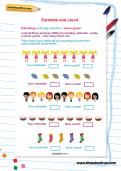
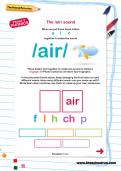
Start the Reception Learning Programme!
- Weekly maths & English worksheets direct to your inbox
- Follows the National Curriculum
- Keeps your child's learning on track
Physical development
Awareness of space may be taught by encouraging children to make big and small movements to music and to think about how much space they need. They will also learn to recognise changes that happen to the body when they are active.
Children will also learn about the importance of keeping healthy and the things that contribute to this by, for example, cooking or identifying fruit and vegetables.
Creative development
Children explore and respond to a variety of sensory experiences through music and art. Children might collect materials, such as rough sandpaper, soft fabric and shiny bottle tops to build a sensory wall. They explore colour, texture, shape, form and space by mixing colours, painting, modelling and dancing.
They also learn about sounds - how they can be changed and how to imitate sounds they hear.
Handy home learning hints
- Have fun around the house using your five senses. Listen out for the sound of the oven timer; identify objects by feeling around in a bag; taste salty and sweet foods.
- Talk about how the body works (healing, the role of food, reproduction, digestion).
- Do you have a houseplant that has outgrown its pot? Allow your child to help you re-pot it. Point out and discuss how the roots sustain plant life.
- Talk to your child about what happens when water is heated. With caution, show what happens.
- Ask your child to find things that need either a pull or push to make them work (doorbell, rocking chair, door, drawer).
- Talk about electricity and its potential dangers. Survey the electrical appliances, plug sockets and lights in your home. Demonstrate how unplugging the television, for example, will stop it from working.
- Explore the sound of music! Use whatever you have – pots and pans, glass utensils, hollow plastics and empty boxes. Suggest ways of describing the sounds (high, low, loud, quiet, rattling, ringing).

Give your child a headstart
- FREE articles & expert information
- FREE resources & activities
- FREE homework help
